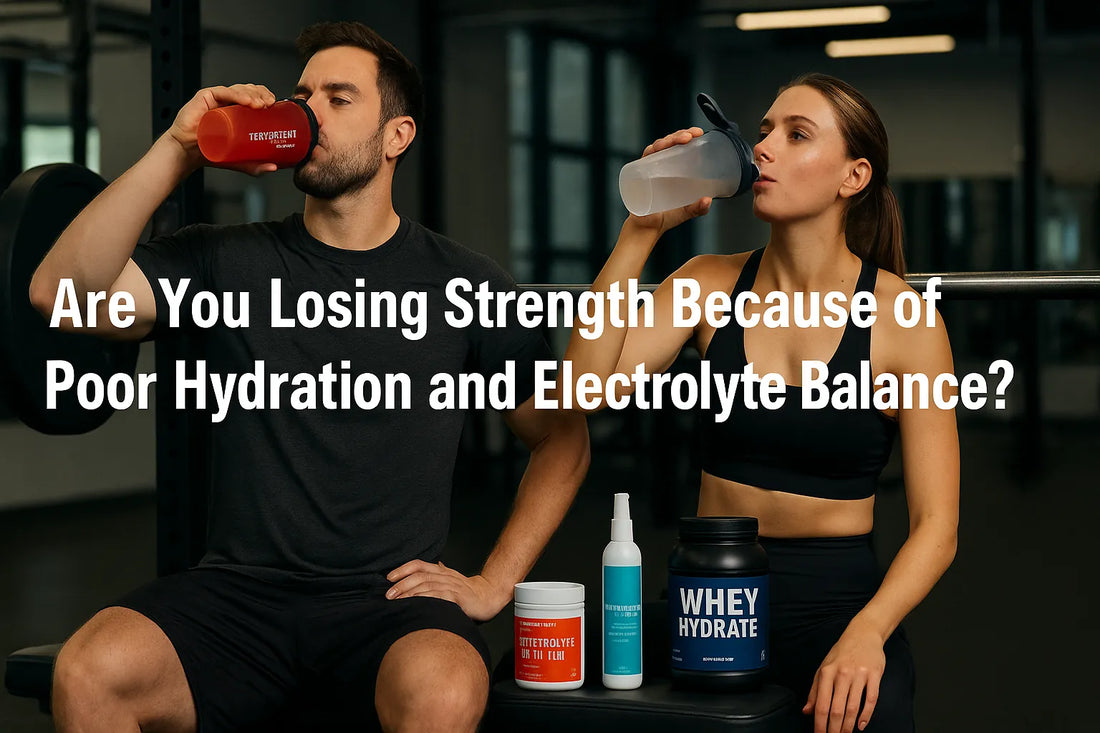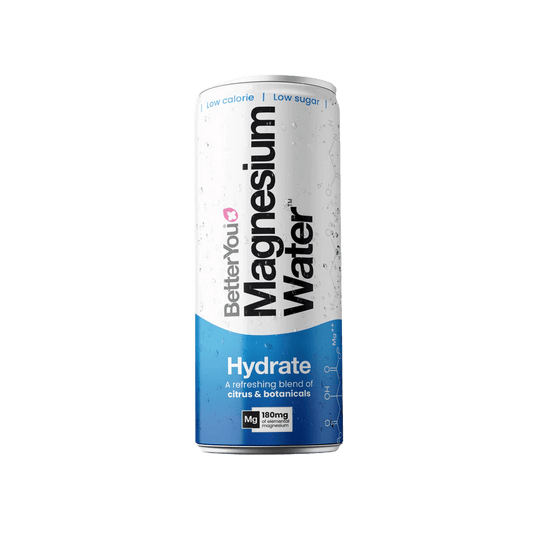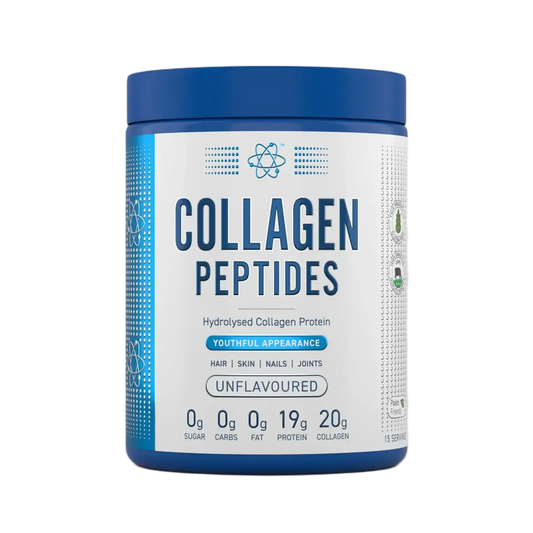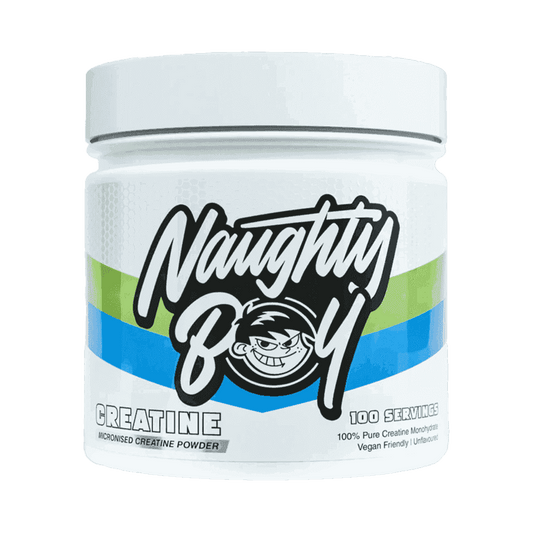Introduction – Why Strength Loss Might Not Be About Your Training
You’ve been training consistently, eating right, and pushing hard — but lately, the weights feel heavier and your performance has dipped. While most people immediately blame their workout plan or nutrition, one of the most overlooked culprits is poor hydration and electrolyte balance. Your muscles can’t perform at their peak if the fluid and mineral systems that power them are out of sync.

1. Can Low Electrolytes Make You Weak?
Electrolytes — like sodium, potassium, magnesium, and calcium — are charged minerals that control nerve signaling and muscle contraction. When you’re low on them, you’re basically asking your muscles to fire without a proper electrical current. The result? Weak lifts, slower reaction times, and fatigue that hits earlier than it should.
Key point: Even slight imbalances can reduce your strength output by 5–10%, which is the difference between hitting your PB or struggling to rack the bar.
2. Can Dehydration Cause Loss of Strength?
Absolutely. Dehydration doesn’t just make you thirsty — it thickens your blood, reduces nutrient delivery, and forces your heart to work harder. In a dehydrated state, your body will prioritise keeping you alive over making you strong.
Studies have shown that just 2% fluid loss can significantly impact strength and endurance. That means if you weigh 80kg, losing only 1.6kg of water through sweat can already hinder your performance.
3. How Long Does It Take to Regain Strength After Dehydration?
This depends on how quickly you replace both fluids and electrolytes. Rehydrating with plain water alone can help replenish fluids but won’t fully restore muscle function if electrolytes are still depleted. Using a balanced electrolyte drink during recovery can cut that time in half, bringing you back to full training capacity within hours instead of days.
4. What Are the Four Signs of an Electrolyte Imbalance?
While mild imbalances might go unnoticed, here are four tell-tale signs:
-
Muscle weakness or cramps during or after training
-
Dizziness or lightheadedness during lifts
-
Unusual fatigue despite enough sleep and calories
-
Brain fog or poor concentration
If you’re ticking more than one of these boxes regularly, it’s time to reassess your hydration strategy.

5. How Long After Drinking Electrolytes Do You Feel Better?
The good news is that relief can be quick — often within 30 minutes — especially if you’ve been working out in hot conditions or doing high-intensity strength training. The combination of rapid fluid absorption and replenishment of sodium, potassium, and magnesium helps restore nerve function and muscle firing efficiency.
💡 Pro tip: Using a low-sugar, scientifically balanced electrolyte powder during training helps maintain performance instead of trying to fix it afterwards.
Our Pick: Hydration and Recovery in One. Why Per4m Whey Hydrate Deserves a Spot in Your Gym Bag
When it comes to hydration and performance, most people think of sports drinks and water. But if you’re serious about strength training, your hydration strategy should do more than just replace lost fluids — it should also deliver the nutrients your muscles need to recover and grow. Per4m Whey Hydrate 1.8kg combines high-quality whey protein with added electrolytes, making it a dual-purpose recovery tool.
Every serving provides fast-digesting protein to kick-start muscle repair while replenishing the sodium, potassium, and magnesium lost through sweat. This means you’re not only rehydrating but also ensuring your muscles have the raw materials they need to rebuild stronger. Whether you sip it post-workout or throughout the day, it’s an easy way to cover both hydration and recovery without juggling multiple supplements.
If you’re training hard, sweating plenty, and chasing performance gains, a supplement like Per4m Whey Hydrate bridges the gap between replenishment and repair — helping you bounce back faster and keep your strength consistent session after session.
Part 2 — Hydration Timing, Strength Gains, and Avoiding Electrolyte Pitfalls
6. When Should You Drink Electrolytes for Strength Training?
Strength training isn’t just about heavy lifts — it’s about sustained muscle performance over your entire session. The timing of your electrolyte intake can make a big difference:
-
Before training (30–60 min): Prepares your muscles for maximum contraction and prevents early fatigue.
-
During training: Ideal if you’re lifting for longer than 60 minutes, training in a warm gym, or doing high-volume sets.
-
After training: Helps speed recovery and prepare your muscles for your next session.
📌 Tip: Avoid only drinking electrolytes after you’ve already hit fatigue. Once your nervous system is compromised by dehydration, recovery takes much longer.
7. Why Bodybuilders and Strength Athletes Focus on Electrolytes
In bodybuilding and powerlifting circles, hydration is taken seriously — not just for performance but also for muscle appearance. Full, dense muscle bellies require adequate water retention inside the cells, and electrolytes are the key to pulling water into muscle tissue.
That’s why you’ll often see competitive athletes using electrolyte-enhanced hydration products during peak weeks. It’s about keeping muscles functioning well while also looking fuller and more vascular.
8. Can You Overdo Electrolytes?
Yes — and it’s a mistake some athletes make when they think “more is better.” Over-supplementing certain electrolytes, especially sodium, can lead to:
-
Bloating
-
Increased blood pressure
-
Stomach upset
The aim is balance, not overload. A quality electrolyte mix is designed with the right ratios of sodium, potassium, magnesium, and calcium so you can safely meet your needs without creating new issues.
9. Electrolytes vs Water for Strength Training
Water is essential, but without electrolytes, it’s not the whole picture. Plain water can actually dilute blood sodium if consumed in excess without replenishment — leading to hyponatremia, which impairs muscle contractions and can cause weakness.
For strength athletes, the best approach is combining water and electrolytes so you’re replenishing both fluid and minerals in the same window.
💪 Real-world example:
A lifter doing high-rep squats in a warm gym might lose a litre of sweat in under 40 minutes. Replacing that litre with a balanced electrolyte drink keeps muscle contractions sharp from set one to the last rep.

10. Electrolytes for Recovery and DOMS Prevention
Delayed onset muscle soreness (DOMS) isn’t just about muscle fibres repairing — inflammation and nerve sensitivity also play a role. Magnesium, in particular, helps regulate muscle relaxation and reduce cramp risk after heavy training.
Pairing electrolytes with recovery-focused supplements like protein or collagen can help your muscles repair faster and feel less sore the next day. For example:
-
Ten Percent Club Electrolyte Drink Mix – hydration & mineral support
-
Applied Nutrition Collagen Peptides 300g – supports joint & tissue repair
-
BetterYou Magnesium Water – reduces cramping and muscle tension
-
Naughty Boy Prime Creatine – replenishes ATP for strength recovery
11. The Bottom Line
If your lifts are stalling or you feel unusually weak despite proper training and nutrition, it’s worth looking at your hydration and electrolyte habits. These aren’t just for endurance athletes — strength athletes benefit massively from maintaining optimal fluid and mineral balance.
The difference can be as simple as swapping your plain water for a purpose-built electrolyte formula during training. Over time, that can mean more reps, heavier lifts, and less time spent recovering between sessions.
FAQ Section
1. Can low electrolytes make you weak?
Yes. Electrolytes like sodium, potassium, and magnesium regulate muscle contractions. When levels drop, your muscles can feel fatigued, weak, and prone to cramping.
2. Can dehydration cause loss of strength?
Absolutely. Even mild dehydration can reduce muscle power output and endurance by impairing blood flow and nutrient delivery.
3. How long does it take to regain strength after dehydration?
Light dehydration may be resolved within a few hours of proper fluid and electrolyte intake, but severe cases can take 24–48 hours for full muscle function recovery.
4. What are four signs of an electrolyte imbalance?
Common signs include muscle cramps, fatigue, dizziness, and irregular heartbeat.
5. How long after drinking electrolytes do you feel better?
Many people notice improved energy and reduced cramping within 15–30 minutes, though full restoration can take longer if you’re severely depleted.
6. Do electrolytes help muscle strength?
Yes. Adequate electrolyte levels keep your muscles contracting efficiently, which can improve strength performance in the gym.
7. Are sports drinks good for strength training?
Some are — but look for low-sugar options with a balanced mix of sodium, potassium, magnesium, and calcium.
8. Can dehydration make you lose strength permanently?
Not usually. While temporary weakness is common, rehydrating and restoring electrolytes typically brings your strength back to normal.





